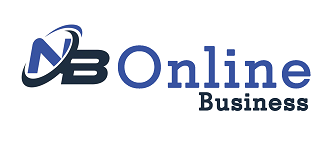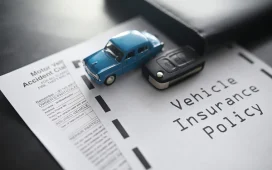Everyone experiences inevitable occurrences that disrupt their regular lives, and sometimes these disruptors are in the form of large expenses. Car repairs, a doctor’s bill, or a refrigerator that has broken down are all possibilities that leave people anxious and at a loss.
To sum up, nobody enjoys having debts and being financially insecure, but it is possible to find ways how to deal with unexpected expenses effectively and with minimal stress.
1. Budget Review and Adjustment:
The first step is one called evaluating your financial position.
- Review Your Budget: Take your latest bank statements before you and go through income and expenses. Determine places where you can eliminate or reduce the expenses that you do not necessarily need to make to be able to save the money for the unexpected expense.
- Prioritize Needs Over Wants: Draw the clear line between the necessities that are foods, shelter, utilities, clothing, and other necessities that are not so crucial like visiting the movie, eating at a restaurant, shopping sprees, etc. Prefer to focus on resource allocation relevant to your needs first.
2. Utilize Your Emergency Fund:
This created emergency funds as a financial backup to cater for such occurrences. If you have an emergency fund this is the best time to use it.
Use an emergency fund when one is available, as mentioned earlier. Here’s why:
- Peace of Mind: The following are some of the reasons why you must avoid spending the money you accrue for emergency fund for other uses:
- Replenish Your Fund: Immediately, be sure to devise a strategy as to how you will be able to build up the emergency fund back again as soon as possible. Perhaps it is time to get back on building up a financial cushion and setting aside a part of your future paychecks for this purpose.
3. Explore Debt Consolidation Loans:
If your money for emergencies has run out and the unexpected cost is a high amount, then take a debt consolidation loan.
- Lower Interest Rates: Debt consolidation loans tend to have lower rates of interest compared to those offered by credit cards. This can also be very helpful to you because it helps you avoid paying high interest rates in future.
- Simplified Repayment: A debt consolidation loan is an umbrella loan that consolidates all your debts and onto a single repayment loan that will enable you to pay all your creditors at once.
4. Considering a Pawn Shop (Optional):
Depending on the nature of the unexpected expense, a pawn shop might be a viable option, particularly if you need quick access to cash. Here’s what to keep in mind:
- Pawn Loans: Pawn shops offer secured loans based on the value of an item you pawn. You can redeem the item by repaying the loan with interest within a specified timeframe.
- Understanding the Terms: Pawn shop loans come with high interest rates and short repayment terms. It’s crucial to fully understand the terms and conditions before pawning an item.
5. Seeking Professional Help (Optional):
If you’re overwhelmed by debt or struggling to manage your finances, consider seeking professional help from a public adjuster or a credit counselor. Here’s how they can assist you:
- Public Adjusters: While public adjusters typically specialize in insurance claims, some may offer financial guidance and budgeting assistance.
- Credit Counselors: Credit counseling agencies can provide personalized advice and guidance on managing debt, creating a budget, and developing a plan to achieve financial stability.







